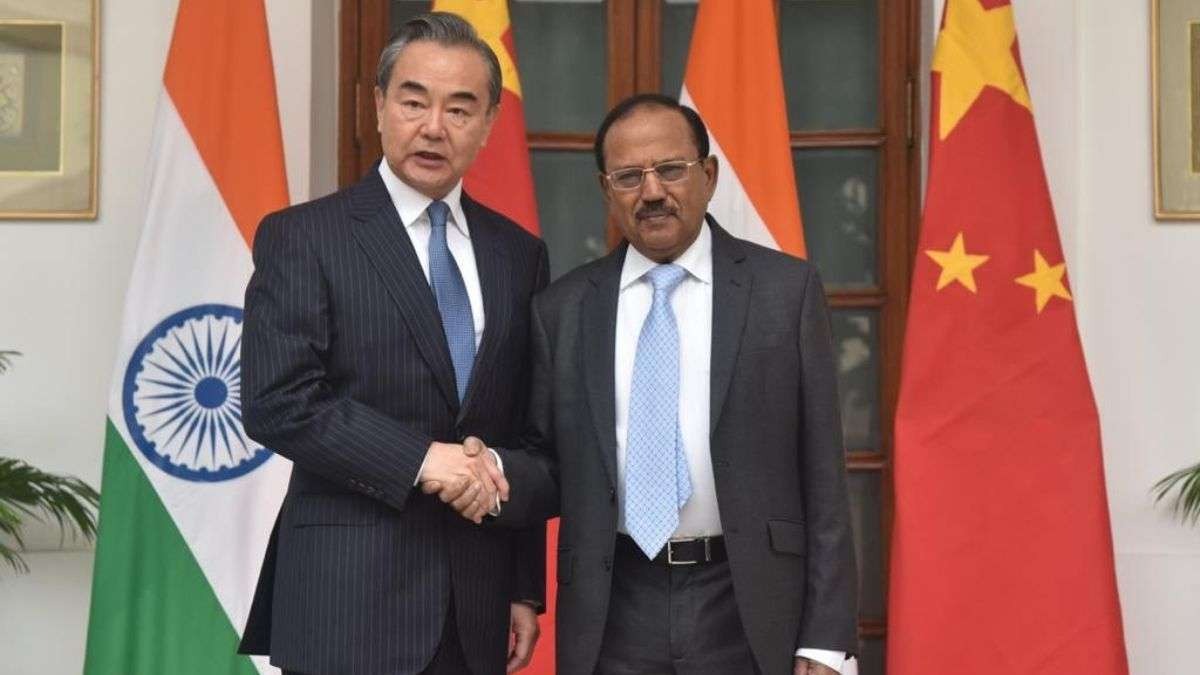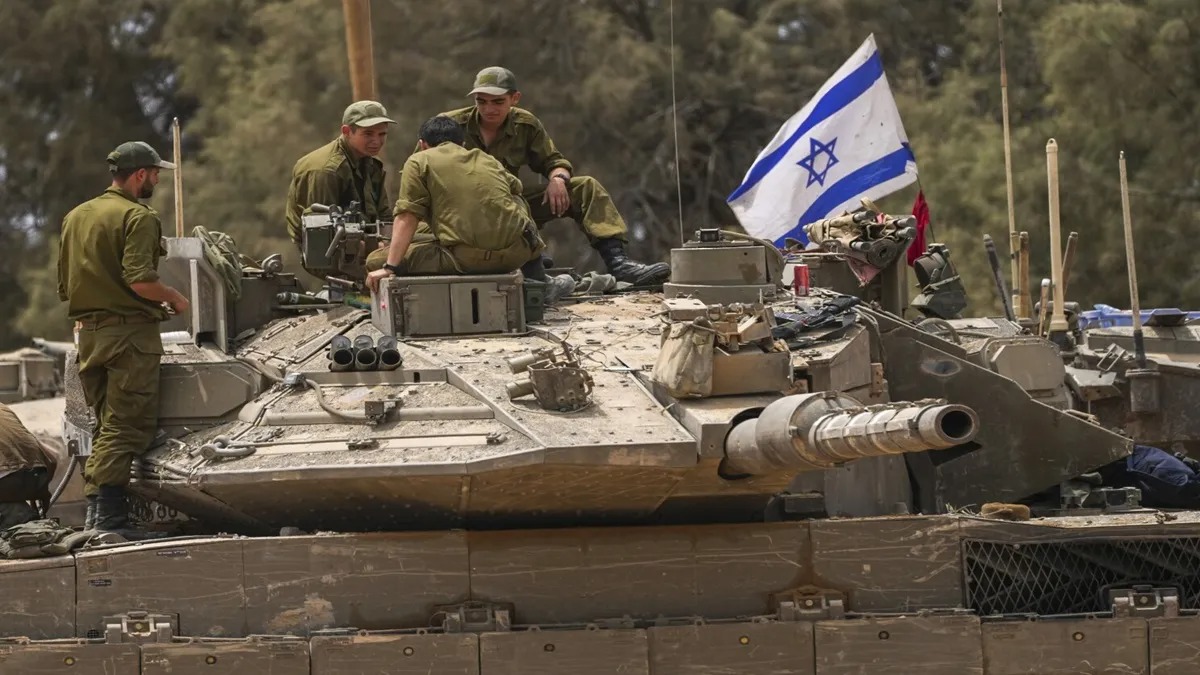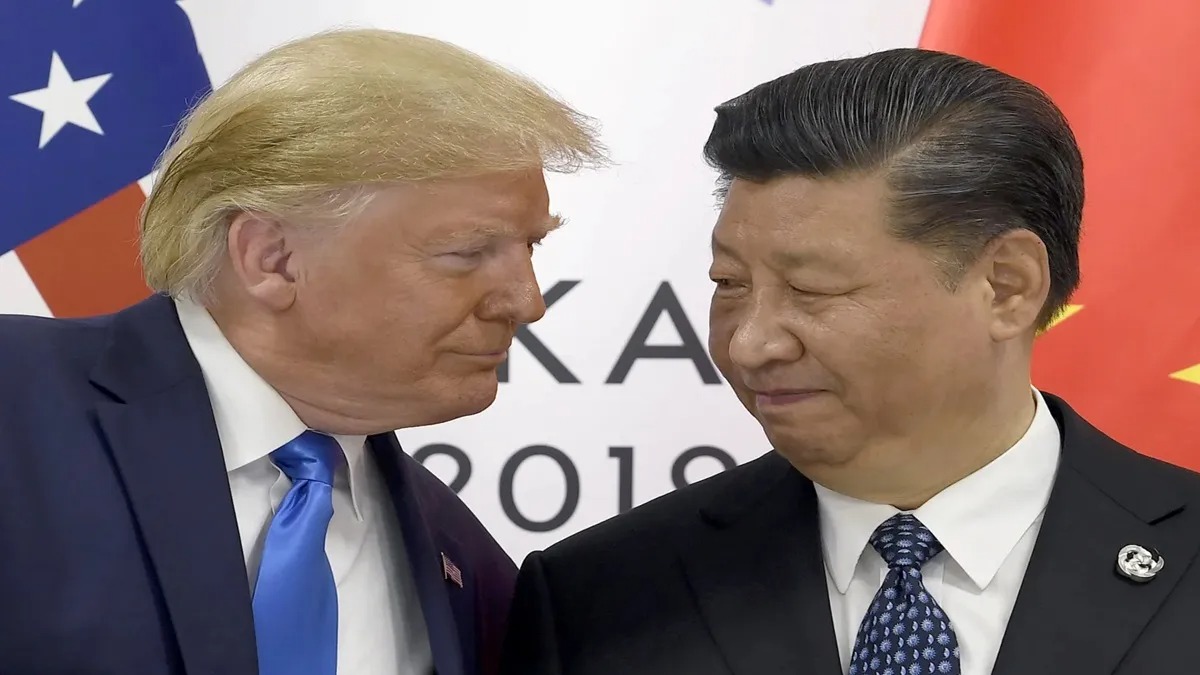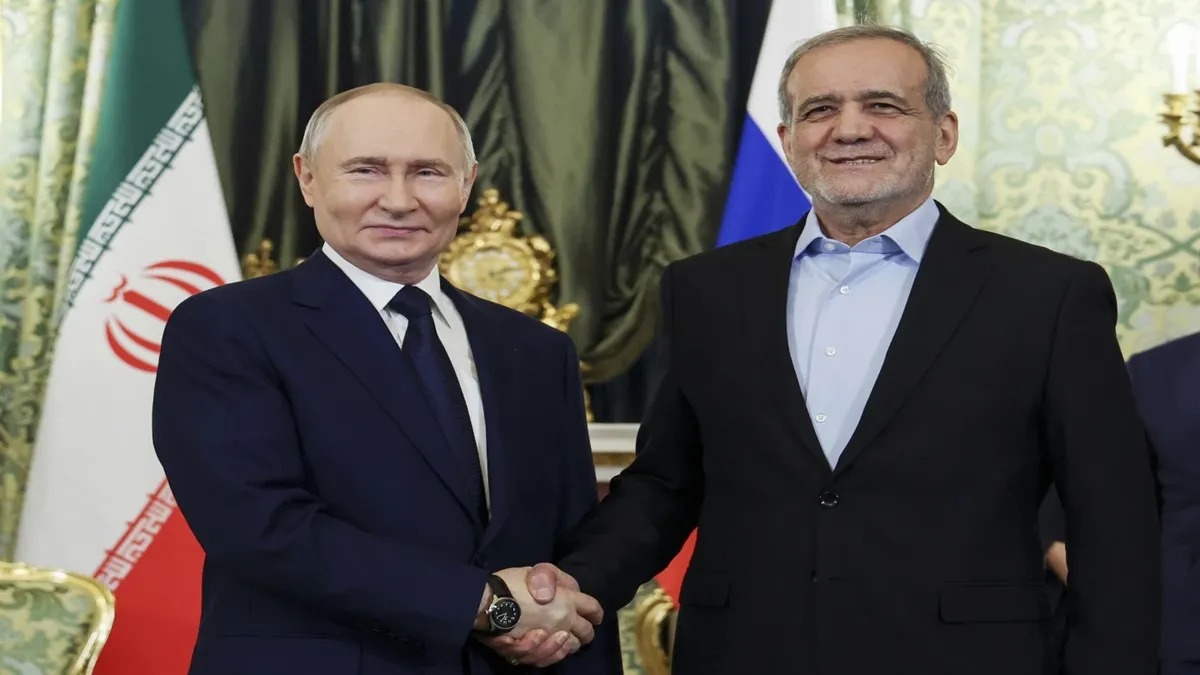
International: The Chinese Foreign Ministry said on Friday that troops had disengaged at four places in Eastern Ladakh, including Galwan Valley, after External Affairs Minister S Jaishankar said 75 per cent of the disengagement problems had been sorted out. The Chinese ministry said India and China have agreed during their meeting in Russia to work together to create conditions for the improvement of bilateral relations.
Asked whether the two countries were close to a breakthrough to revive the bilateral ties frozen for over four years due to the military standoff in Eastern Ladakh, Chinese Foreign Ministry spokesperson Mao Ning told a media briefing on Friday that the two militaries realised disengagement in four areas and the situation along the border is stable. “In recent years, front-line armies of the two countries have realised disengagement in four areas in the Western sector of the China-India border, including the Galwan Valley. The China-India border situation is generally stable and under control,” Mao said.
She also highlighted the meeting between National Security Advisor Ajit Doval and Chinese Foreign Minister Wang Yi held talks on the sidelines of a meeting of the BRICS high-ranking officials in Russia's St Petersburg n Thursday where they discussed the progress made in the recent consultations on border issues.
'Stability of India-China relations conducive to peace'
Further elaborating on the meeting between Ajit Doval and Wang Yi, the Chinese foreign ministry said both parties expressed the belief that the stability of the China-India relations is in the fundamental and long-term interests of the two peoples and conducive to regional peace and development. Both countries agreed to implement the consensus reached by the heads of the two countries, enhance mutual understanding and trust, maintain continuous communication, and create conditions for boosting bilateral ties.
Wang, also a member of the Political Bureau of the Communist Party of China Central Committee, stressed that facing a turbulent world, China and India as two ancient eastern civilisations and emerging developing countries should adhere to independence, choose unity and cooperation, and avoid consuming each other, according to state-run Xinhua news agency.
During their Thursday meeting, both Wang and Doval discussed progress made in recent consultation on border issues and agreed to deliver on the common understandings reached by leaders of the two countries, enhance mutual understanding and trust, create conditions for improving bilateral ties and maintain communication to this end, Mao said.
What did Jaishankar say on border row?
Her comments came after Jaishankar on Thursday claimed roughly 75 per cent of the "disengagement problems" with China have been sorted out. On the issue of border row in eastern Ladakh, Jaishankar underscored that the bigger issue has been the increasing militarisation of the frontier.
In an interactive session at a think-tank in this Swiss city, Jaishankar said the Galwan Valley clashes of June 2020 affected the "entirety" of India-China ties, asserting that one cannot have violence at the border and then say the rest of the relationship is insulated from it. The external affairs minister said negotiations between the two sides to find a solution to the problem are underway.
The Indian and Chinese troops are locked in a standoff in certain friction points in eastern Ladakh even as the two sides completed disengagement from several areas following extensive diplomatic and military talks. India has been maintaining that its ties with China cannot be normal unless there is peace in the border areas. The two sides have so far held 21 rounds of Corps Commander-level talks to resolve the standoff.
Describing India-China relations as "complex", Jaishankar said the ties were kind of normalised in the late 1980s and the basis for it was that there would be peace at the border. "The basis obviously for a good relationship, I would say even for a normal relationship, was that there would be peace and tranquillity in the border. After things started to take a better turn in 1988, we had a series of agreements which stabilised the border," he said.
--Advertisement--

 Desk
Desk Share
Share






